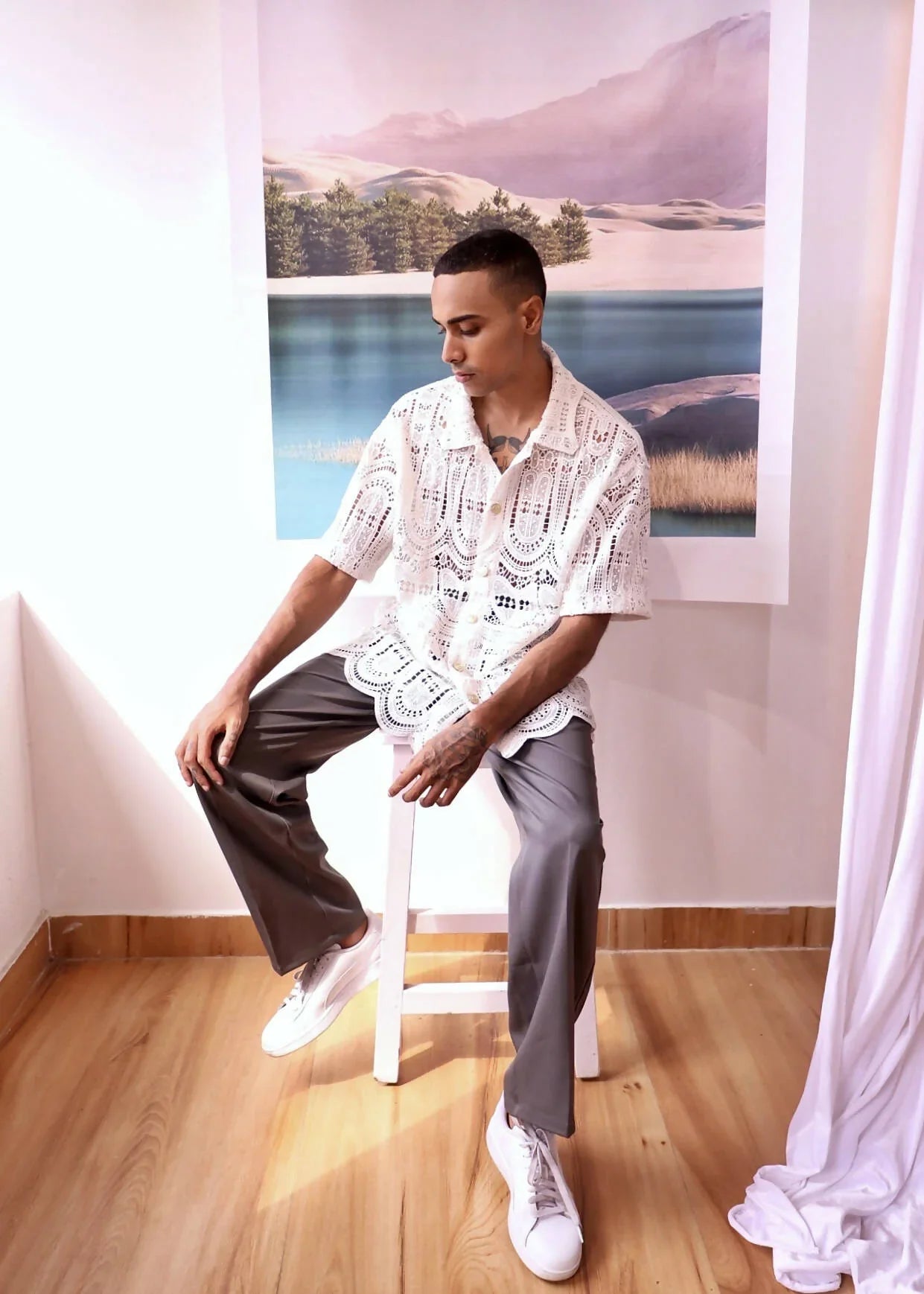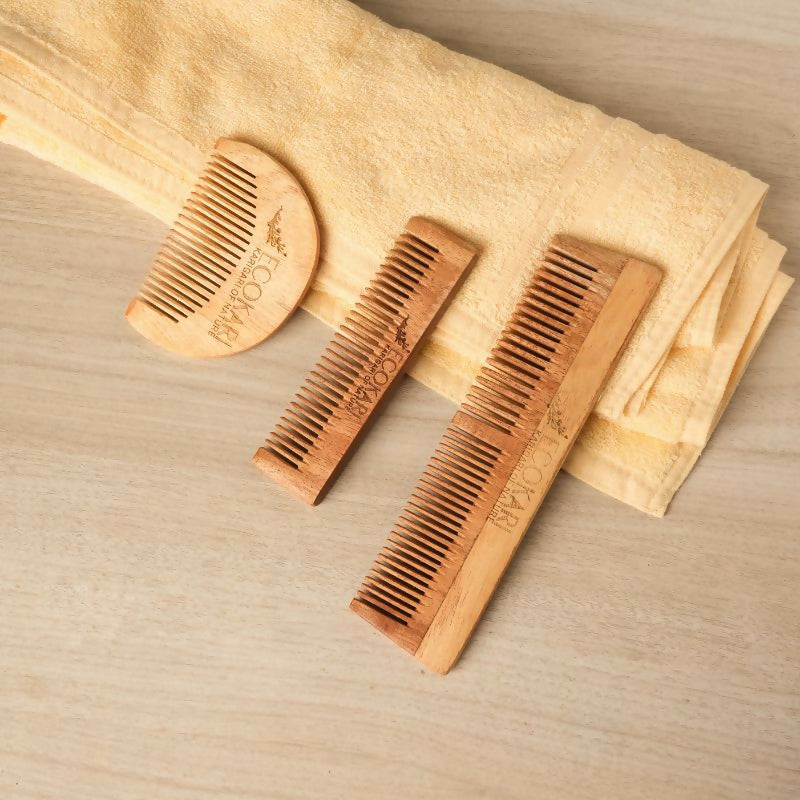How Fast Fashion Steals Designs from Independent Creators

Where do we draw the line between creative inspiration and blatant infringement? That line is increasingly blurred in the age of fast fashion, where mass-production giants copy, duplicate, and sell cheap imitations of original designs without acknowledgment or accountability. For independent designers and ethical brands, each product is crafted with love, backed by research and mountains of creativity. On the other end of the spectrum, brands like Shein and countless others produce machine-made dupes that profit off someone else's imagination.
Take the history of Indian chintz, for example, a hand-painted, floral cotton textile once so globally coveted that it was banned in Europe in the 17th century due to its threat to local industries. Colonial powers replicated it through machines and stole its cultural context. Fast fashion repeats the same mistake today, and arguably, worse.
Fast fashion is NOT passionate about creating meaningful products. Words like "ethical" are nowhere to be found in their vocabulary or reflected in how they function.
Why does a $70 skirt have a dupe that sells for $3.44?
Most fast fashion brands copy from ethical brands and independent creators, and they’re notorious for stealing designs due to lack of morals and originality. Here's a story time to give you a clear context. Among hundreds of creators, one was Blogilates by fitness influencer Cassey Ho, who has over 10 million subscribers on YouTube.
She exposed Shein for copying her product inch by inch and mass-producing a cheap version. In every product Cassey makes, she shows how it was designed and how much thought went into it, only to see it later copied and sold by Shein. When she reached out to them, they obviously didn’t have a legit answer. Because honestly, what do we expect? Accountability from fast fashion? Yeah, nothing of that sort exists there.

So what does the fast fashion industry really do? One designer may take months to prototype and perfect their design. Meanwhile, fast fashion brands rely on an exploitative system of low-paid garment workers meeting unrealistic targets, often with unethical conditions and little regard for originality or consent.
This was just one example of their plagiarism. There is a sea of designers experiencing the same. In 2021, Shein was sued by several designers, including both small and large brands like Bailey Prado and Ralph Lauren, for alleged copyright infringement. In July 2023, three designers filed a lawsuit accusing Shein of running an "intelligent and systematic algorithm" to identify and copy viral designs, calling it "the largest theft of intellectual property in history."
Anifa Mvuemba, the designer behind Hanifa, spoke out about the alleged knockoff of her designs by Fashion Nova, who later removed the product after backlash. But this keeps happening because fast fashion brands exploit loopholes in international copyright laws, especially where design protection is weak or non-existent. They use cheaper materials, skip the creative process entirely, manage to undercut prices, flood the market with knockoffs, and erase the work of original artists. Most consumers don’t know, or don’t bother to check the origin of what they’re buying, so the cycle continues without consequence.
Creators sue fast fashion giants for intellectual property violations. Lawsuits pile up, but they still continue, and millions still buy what they make. What about the small creators, the vulnerable designers who are just starting out and don’t have the voice or the means to sue? How else can we stop this? Most of the small, independent designers do not have the resources to take legal action. Many who are starting out rely on their creativity to survive, only to be crushed by industry giants with billion-dollar operations and no moral compass.
This is why sustainable and upcycled brands stand tall with individuality, originality, respect for artisans, and a planet and people first approach to making. This is why we need to read the labels, understand who is making our products, where they are made, and what they’re made from. When we support independent creators and ethical brands, we’re helping protect creative ownership and the right to design without fear of theft. So our choices matter and they matter in a big way.






This blog has very simply captured one of the many sides of fast fashion’s unethical practices with alot of clarity and conviction. The comparison between colonial exploitation and modern day fashion plagiarism is a powerful showcase of how history is repeating itself. The case of Cassey Ho vs. Shein is just one of so so many, and it really makes me question my role as a consumer in helping protect independent designers and their intellectual properties.
This piece beautifully emphasizes why it’s so important to mindful of who you buy from. Thank you for shedding light on this, sharing it so more people can understand the real cost behind that 3 dollar dupe.
Leave a comment